|
By Anna Hazard
View the Rest of the Series
Part 1 - Benefits & Drawbacks
Part 2 - Tips, Alternatives, & Helpful Programs Part 3 - Best Dogs for Seniors Part 4 - Best Cats for Seniors Part 5 - Best Birds for Seniors Part 6 - Best Rodents for Seniors Part 7 - Aquariums & Aquarium Plants Part 8 - Best Aquarium Fish for Seniors Introduction
Tips & Advice
Best Birds for Seniors
1 Comment
11/11/2020 10:42:40 pm
I totally agree when you mentioned that birds can be a great companion for seniors as they only require minimal clean-up and maintenance. My grandfather has been so lonely ever since his wife passed away last month and we are planning to do something to cheer him up as his birthday is just around the corner. I will suggest to them getting him a bird to keep him company, as well as an exercising mat so it can stay fit and healthy.
Reply
Leave a Reply. |
AboutNews updates, tips, and guides on senior care, senior health, stress relief and a host of other caregiving related topics from the professionals at Ella Stewart Care. |


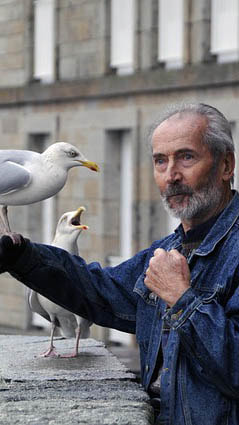
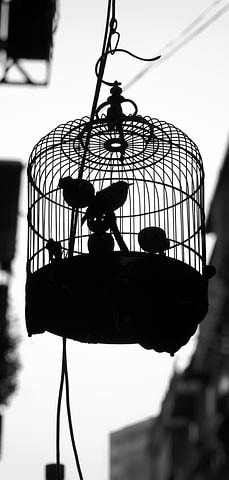
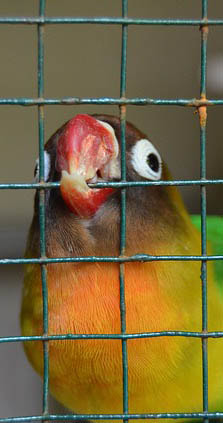
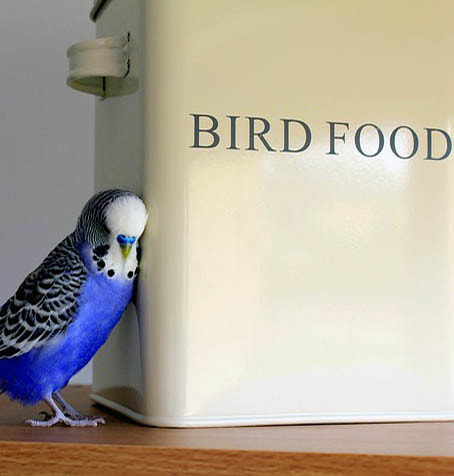
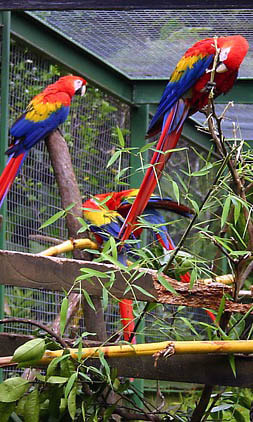
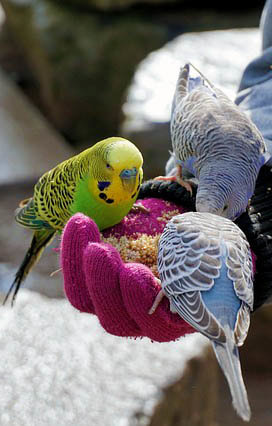
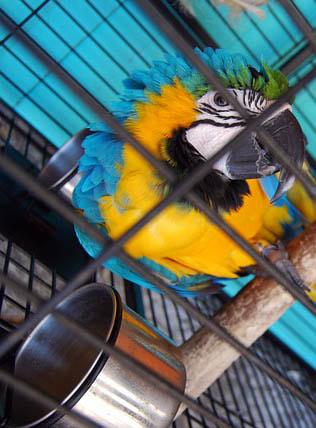
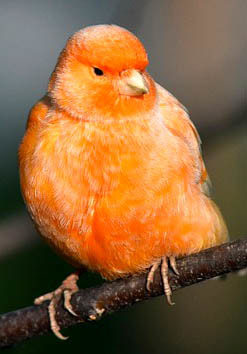
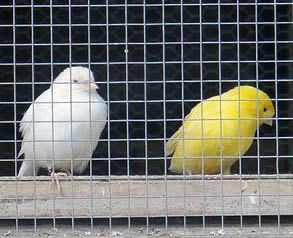
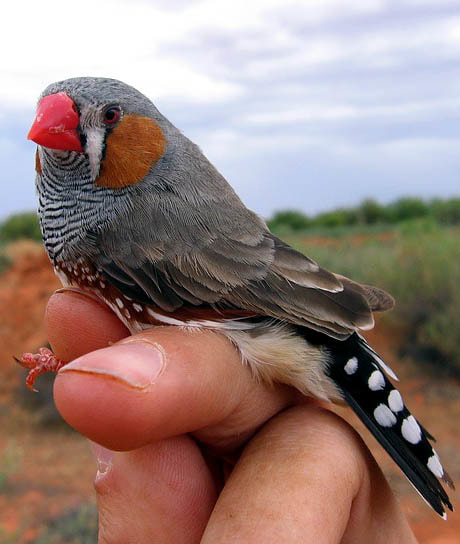
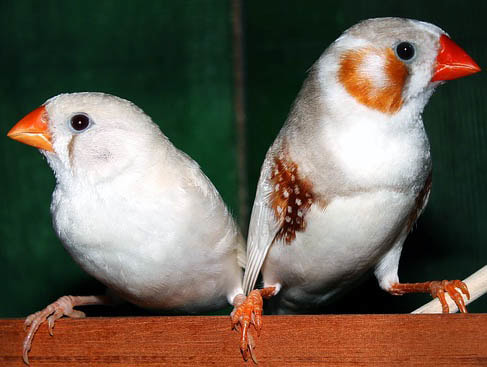
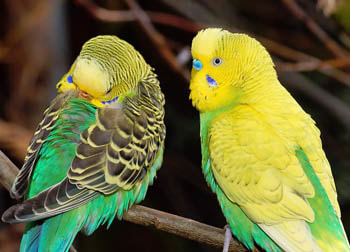
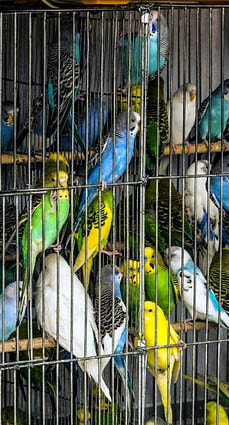

 RSS Feed
RSS Feed
